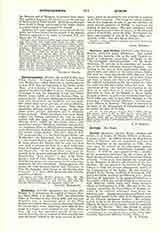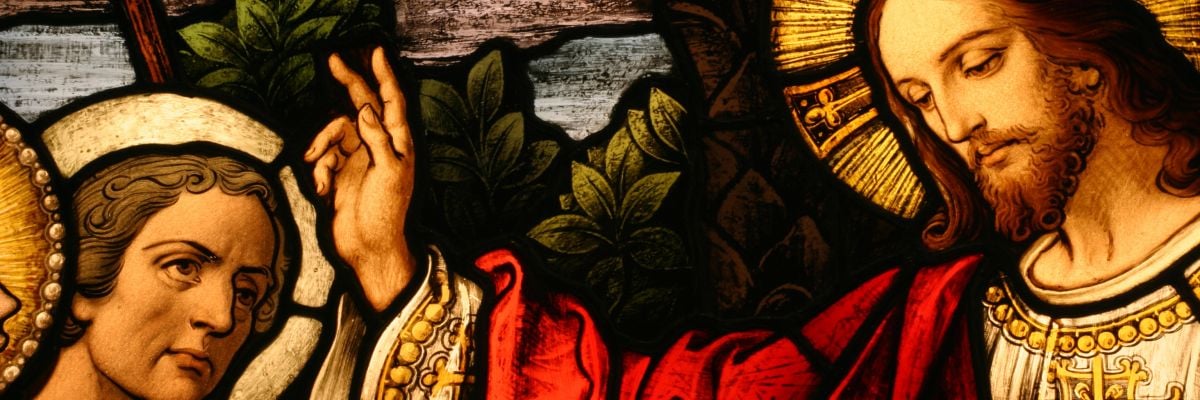

Quinquagesima (fiftieth), the period of fifty days before Easter. It begins with the Sunday before Ash Wednesday, called Dominica in Quinquagesima or Esto Mihi from the beginning of the Introit of the Mass; it is a Sunday of the second class, and the color of the Mass and Office is violet. For many early Christians it was the beginning of the fast before Easter, hence called, as with the Syrians, Dom. ingresi us jejunii. For some, Quinquagesima marked the time after which meat was forbidden and was therefore called Dom. carnis privium, ad carnes tollendas, carnevala; by the Poles, Ned. zapustna. Since these regulations affected mainly the clergy, we find the name carnis privium sacerdotum and in Germany herren fastnacht. Where abstinence from meat began earlier, this Sunday introduced the time in which neither milk nor eggs, etc. (ova et lacticinia) were allowed, hence called by the Greeks Dom. casei comestrix et ovorum; Melchites, sublationis ovorum et casei; Austrians, Kase- or Milchfaschingsonntag, Sonntag in der Butterwoche; Italians, de’ latticini; and Servians, bete poklade (white meats). The Slays name it Ned. III. predpepelnicna, i.e. the third Sunday before Ash Wednesday; the Bohemians, Ned. II. po devitniku, i.e. the second Sunday after the ninth before Easter. In many places this Sunday and the next two days were used to prepare for Lent by a good confession; hence in England we find the names Shrove Sunday and Shrovetide. As the days before Lent were frequently spent in merry-making, Benedict XIV by the Constitution “Inter Cetera” (January 1, 1748) introduced a kind of Forty Hours’ Devotion to keep the faithful from dangerous amusements and to make some reparation for sins committed. Quinquagesima also means the time between Easter and Pentecost, or from the Saturday after Easter to the Sunday after Pentecost; it is then called Quinquagesima Paschcr, paschalis, or lcetiticr.
FRANCIS MERSHMAN


